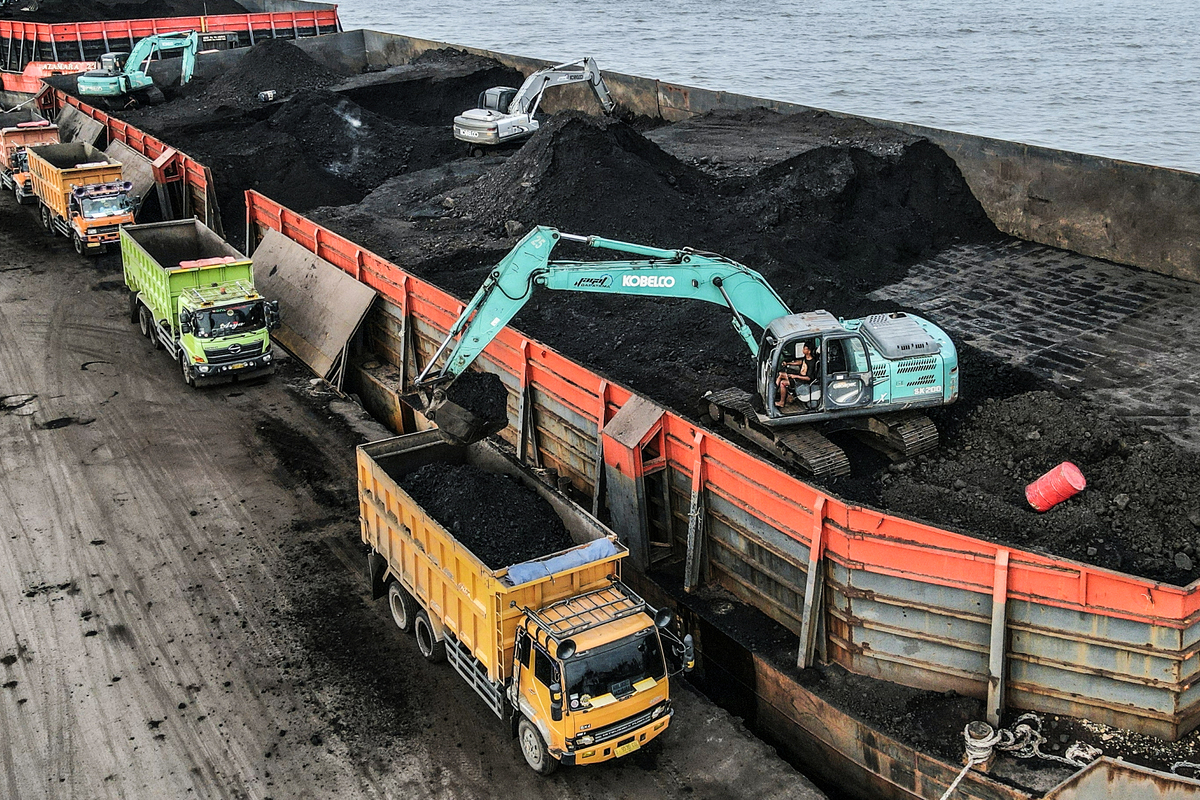According to trade data, supply restrictions impacted US and Canadian coking coal imports in July, as suppliers found it difficult to capitalize on the significant Chinese need for non-Australian coal and high maritime transport prices.
US coking coal exports declined 9.3% year to year and 20.3% month to month to 3.08 million tonnes in July, while Canadian exports grew 13.5% year to year but fell 22.3% month to month to 1.9 million tonnes in July.
From January to July, US exports were 23.07 million tonnes, up 4.5% year to year but down 18.9% from the previous two years, indicating tighter supply throughout the country.
High demand in China and the Atlantic region would have prompted US manufacturers to increase output wherever possible. However, due to a lack of financing, a labor shortage within the coking coal distribution network, and the ongoing strike at operator Warrior Met Coal, output at certain large plants decreased in the second quarter.
In Canada, a June wildfire in British Columbia disrupted rail lines serving Teck’s coking coal operations. As a result, the company expects a decline in third-quarter sales of up to 800,000 tonnes.

Canada’s shipments to China remained unchanged on a monthly basis at 893,243 tonnes, representing a 246% year-on-year rise. However, sales to traditional Asian destinations dropped by up to 81%.
Buyers preferred Australian coal over competing with underinvested Chinese mills, which was consistent with Teck’s desire to focus on spot trading with China following the fire destruction to its rail links.
US exports to China plummeted by 21.5% month to month to 1.13 million tonnes, with no coking coal transported to China in July 2020. However, from January to July, US exports to China increased more than tenfold to 5.5 million tonnes. In contrast, sales to large markets decreased considerably from year to year.
Exports from the United States to Brazil declined by 25.2% in July, while no shipments were done from Canada to Brazil. Australian shipments to Brazil declined as well, with Brazilian purchases presumably hampered by increased global coking coal pricing.
